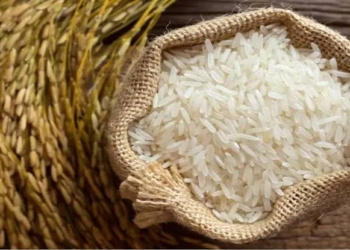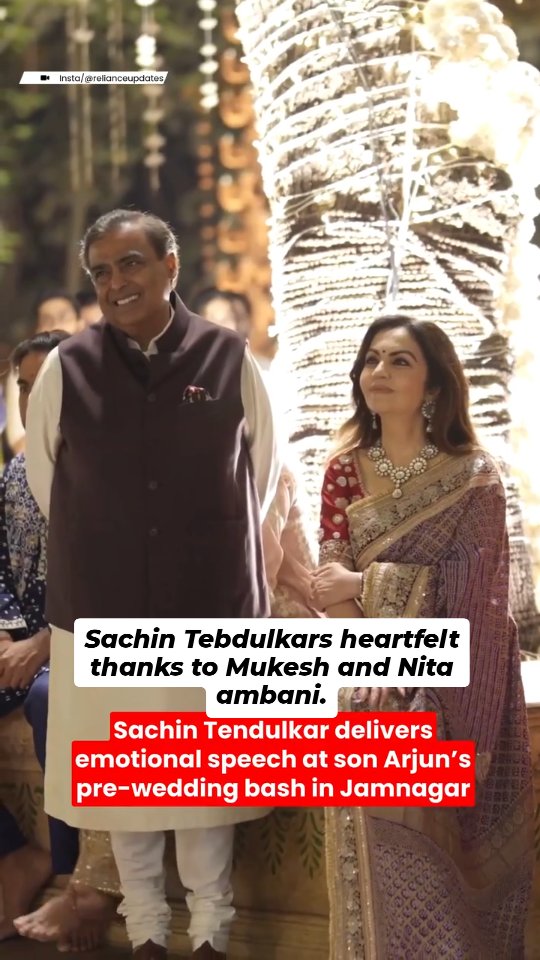The Union Cabinet’s landmark decision to include caste enumeration in the upcoming national census has ignited a fiery debate across India, with Odisha emerging as a focal point of discussion.
Former Odisha Chief Minister and Biju Janata Dal (BJD) leader Naveen Patnaik welcomed the move, aligning it with his party’s long-standing advocacy for a nationwide caste census and the removal of the 50% reservation cap. However, the announcement has drawn sharp criticism from various quarters, with concerns ranging from social division to the erosion of meritocracy.
In a post on X, Patnaik expressed his support, stating, “Welcome the decision of the Union Cabinet to include Caste Enumeration in the forthcoming census.@bjd_odisha has been repeatedly demanding countrywide caste census and removal of 50% cap on reservation.” He highlighted Odisha’s 2023 state-level survey of Socially and Educationally Backward Classes (SEBC), which identified 209 communities to inform targeted development programs. “We in Biju Janata Dal always stand for #SocialJustice, especially for backward classes such as ST, SC, and OBC,” he added, emphasising the party’s commitment to uplifting marginalised groups.
Welcome the decision of the Union Cabinet to include Caste Enumeration in the forthcoming census. @bjd_odisha has been repeatedly demanding countrywide caste census and removal of 50% cap on reservation. In #Odisha, we also took certain concrete steps in 2023 to enumerate the…
— Naveen Patnaik (@Naveen_Odisha) April 30, 2025
The Union Cabinet’s decision marks the first official caste census since India’s independence.
Union Minister Ashwini Vaishnaw, while briefing the press, criticised previous state-led caste surveys by Congress-ruled states like Telangana and Karnataka, alleging they were politically motivated and lacked transparency. “To ensure that our social fabric is not disturbed by politics, caste enumeration should be included in the census instead of surveys,” Vaishnaw stated.






























